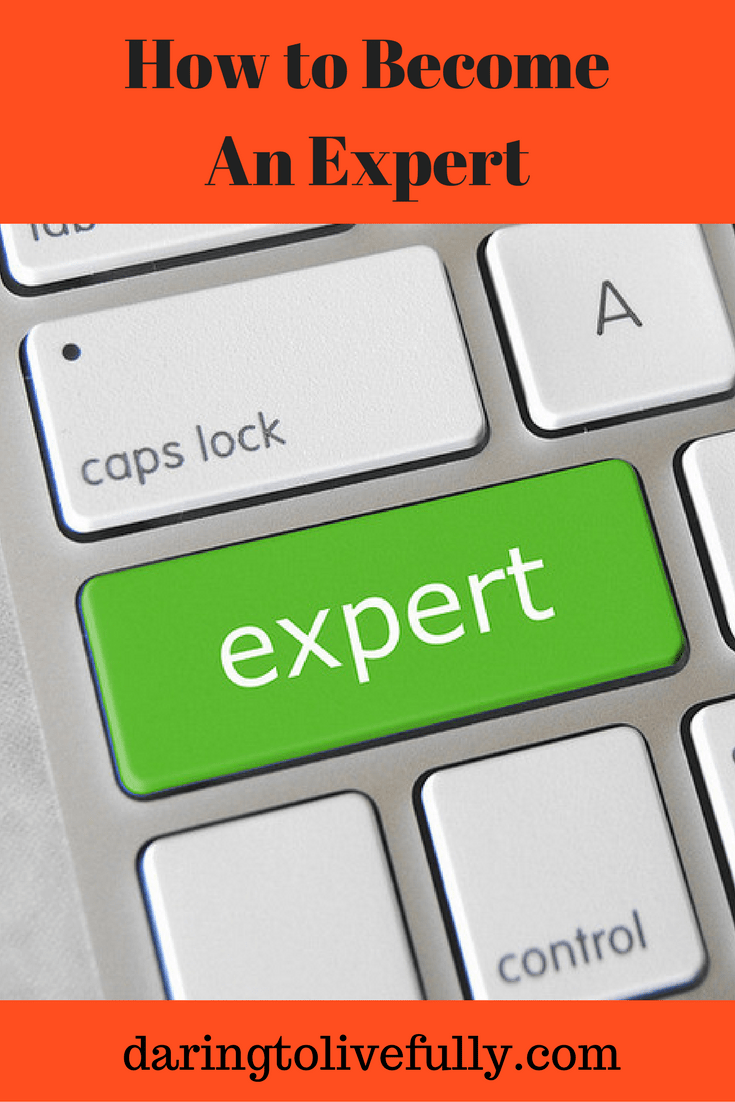
If you want more power, money, success, and life satisfaction, become an expert.
At midnight on December 31st, 1999, the Panama Canal was transferred from the United States of America to the Republic of Panama. At that moment, the Panama Canal Commission (PCC) ceased to exist, and the Panama Canal Authority (PCA) came into being.
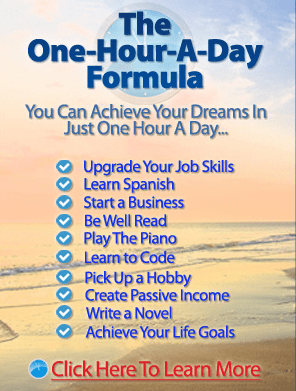 Simultaneously, the labor laws of the US federal government ceased to apply, and a new labor regime—the PCA’s special labor regime—was made applicable to the 8,000 PCA employees. This was a unique labor regime which applied in just one place in the world: the PCA. I was a labor attorney at the PCC, and then at the PCA. When I left the PCA in 2004, no one knew the special labor regime better than I did. At the age of 32, I was the world’s foremost expert on the PCA’s special labor regime. It took me about three years to reach that level.
Simultaneously, the labor laws of the US federal government ceased to apply, and a new labor regime—the PCA’s special labor regime—was made applicable to the 8,000 PCA employees. This was a unique labor regime which applied in just one place in the world: the PCA. I was a labor attorney at the PCC, and then at the PCA. When I left the PCA in 2004, no one knew the special labor regime better than I did. At the age of 32, I was the world’s foremost expert on the PCA’s special labor regime. It took me about three years to reach that level.
As you can see from the story above, “expert” is a very relative term. If it’s a niche topic that hasn’t been in existence for long, you can become an expert in that topic in a relatively short amount of time.
For other topics, it’s much more difficult to become an expert. As an illustration, if you want to become an expert in a legal field such as admiralty law, bankruptcy law, family law, and so on, you would have to devote many years to your work in that field in order to be recognized as an expert.
This blog post is divided into the following six sections:
- What is An Expert?
- Why Become an Expert?
- The Tim Ferriss Approach to Becoming an Expert
- The 10,000 Hours Approach
- Using Expertise or Proficiency Scales
- My Proposal – How to Become An Expert
By the time you’re done reading this blog post you should have a good idea of what you need to do in order to become an expert.
What is An Expert?
“Expert” is one of those words that can be defined narrowly or expansively. Here are some possible definitions:
- Having a deep understanding of a topic.
- Someone who can confidently help others in a given area. They can solve problems and offer solutions.
- A person who has or displays lots of knowledge in a specific area.
- A person recognized by others as having lots of knowledge in an area, based on decisions made and actions taken.
- An expert must produce consistent, concrete, successful results.
- Neil deGrasse Tyson defines “expert” as follows: “[Being] on the frontier, making discoveries, thinking thoughts never before dreamed of.”
For the purpose of this post, we’re going to go with the second definition: “Someone who can confidently help others in a given area. They can solve problems and offer solutions.”
Why Become An Expert?
Here are four reasons why you should consider becoming an expert:
- Become More Powerful – As I wrote in my post on “50 Ways to Increase Your Personal Power”, one of the sources of power is knowledge. Since experts have a lot of knowledge in their given area, they’re more powerful–at least when it comes to their area of expertise–than non-experts.
- People Trust Experts — People are more likely to believe your opinion when you know more. Everyone wants to work with or buy from the person who has the reputation, credibility and knowledge of an expert.
- Make More Money – The more people perceive that you’re the “it” person when it comes to finding a solution to a problem that they’re having, the higher the fees you can charge for your products and/or services.
- Gain More Life Satisfaction: The more you know about a topic, the greater your ability will be to help others solve problems in that area. In addition, you’ll be in a better position to make valuable contributions to a topic if you become an expert in that topic.
Become an Expert – The Tim Ferriss Approach
In his book, “The 4-Hour Workweek: Escape 9-5, Live Anywhere, and Join the New Rich”, Tim Ferriss–author, entrepreneur, and public speaker–proposes the following process for becoming an expert in four weeks:
- Join two or three related trade organizations.
- Read the three top selling books on your topic.
- Give one free one-to-three-hour seminar at the closest well-known university.
- Give two free seminars at branches of well-known companies.
- Offer to write one or two articles for trade magazines.
- Join ProfNet — a service that journalists use to find experts to quote for articles.
The approach above is more about appearing to be an expert to others, than about actually being an expert, so take it with a grain of salt. That being said, Ferriss argues that it’s not about pretending to be something that you’re not, but about presenting yourself in the best possible light.
The 10,000-Hour Rule
In his book, “Outliers: The Story of Success”, journalist Malcolm Gladwell argues that—according to research done in the area of expertise—to be an expert you need to follow the 10,000-hour rule. Here’s Gladwell:
“. .. [it’s]an extraordinarily consistent answer in an incredible number of fields … you need to have practiced, to have apprenticed, for 10,000 hours before you get good.”
In other words, becoming an expert is about putting in the time. It takes about ten years to become an expert.
The 10-000 hour rule has been widely criticized. Many people have argued that it’s not the number of hours that you devote to an endeavor that mattes, but the quality of your effort during the hours that you put in. Repeating a task over and over mindlessly is not the same thing as doing so with focused attention and with the specific goal of improving performance.
Use Expertise or Proficiency Scales
If you want to know whether you’re approaching–or have reached–expert status in any given field, you can consult an Expertise or Proficiency Scale. I’m going to share three of these scales with you. They are as follows:
- The Dreyfus Model of Skill Acquisition
- The Competencies Proficiency Scale
- Bloom’s Taxonomy of Learning
Let’s take a look at these, one by one.
The Dreyfus Model of Skill Acquisition
This model was developed by the Dreyfus brothers—Stuart and Hubert–in 1980. It breaks down the journey to mastery into five discrete stages, outlining what’s necessary to improve at each of them.
Here are the five stages:
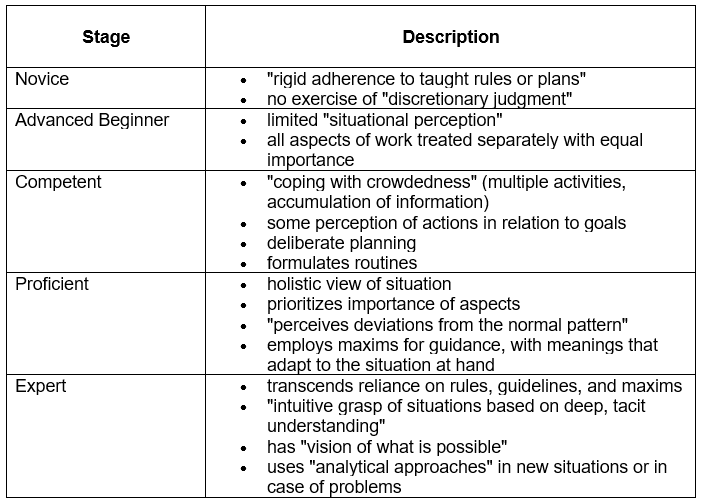
Bloom’s Taxonomy of Learning
The second scale we’re going to refer to is Bloom’s Taxonomy of Learning. Bloom argued that there are six steps that need to be followed to learn anything. These steps are the following:
- Step 1: Knowledge – You’re able to identify what is being said or what you’re reading–the topic, the issue, the thesis, and the main points.
- Step 2: Comprehension — Comprehension means understanding the material read, heard or seen. In comprehending, you make the new knowledge that you have acquired your own by relating it to what you already know.
- Step 3: Application – Application requires that you carry out some task to apply what you comprehend to an actual situation.
- Step 4: Analysis – Analysis is being able to break down what you have read or heard into its component parts in order to make clear how the ideas are ordered, related, or connected to other ideas.
- Step 5: Synthesis – Synthesis involves the ability to put together the parts you analyzed with other information to create something original.
- Step 6: Evaluation – Evaluation is concerned with making judgments about the value of materials and methods for given purposes.
I would posit that an expert is someone who has reached the evaluation stage.
Competencies Proficiency Scale
The third scale I’m going to refer to in this post is the “Competencies Proficiency Scale” created by the Office of Human Resources at the National Institute of Health. It looks as follows:
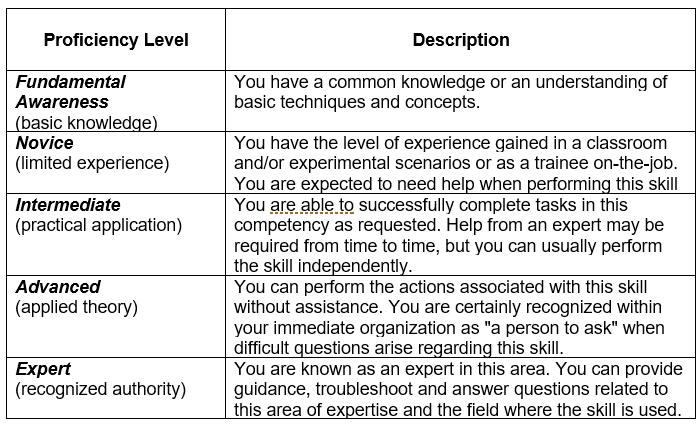
My Proposal – How to Become an Expert
I came up with a ten-level process for becoming an expert. It’s based on actions that you take, and the results that you get, not on time. The levels are as follows:
- Level One. You hear about the topic, but you know nothing about it.
- Level Two. You’re curious about the topic, so you Google it and read the first three articles from reputable sources that come up.
- Level Three. You identify the top three to five experts on the topic and you find lectures they’ve given on the topic that are up on YouTube. You watch between five and ten of these YouTube videos, preferably TED Talks, Talks at Google, or interviews they’ve given to well-recognized figures/organizations.
- Level Four. Find a Massive Open Online Course (MOOC) that will allow you to understand the theory of the topic. Read the corresponding, or related, book (a lot of MOOC instructors base their lectures on a book they’ve written). If the instructor hasn’t written a book, read the book that they recommend, or the one they keep referring to throughout the MOOC.
- Level Five. Once you’re familiar with the theory, gain understanding of the practical application of the topic by taking a Udemy course on the topic, and by reading three to five books written by the experts you identified previously.
- Level Six. Start a blog on the topic and publish at least 25 articles for your blog (this will require that you do additional research on your topic). In addition, publish 3 articles on well-known blogs about your topic. This will allow you to promote on your blog that you’ve been featured on these blogs.
- Level Seven. Create a project that will allow you to demonstrate to yourself and others that you can apply the knowledge that you’ve gained about the topic to real world situations. That is, you don’t just have book knowledge on the topic, you also have actionable knowledge. In addition, get your project to the fourth iteration. Put your project out there, get feedback, and make modifications. Do this three times.
- Level Eight. Give a lecture at a local college, a company, or a trade organization on your topic.
- Level Nine. Create a Udemy course and/or an info product to sell from your blog teaching others about the topic (now you’re making money from your expertise). Get at least five testimonials from people who have been helped by your product.
- Level Ten. Get featured by three media/news organizations as an expert in your chosen topic.
Devote one-hour-a-day to following the process above, and you’ll become an expert in the topic you’ve selected sooner than you think.
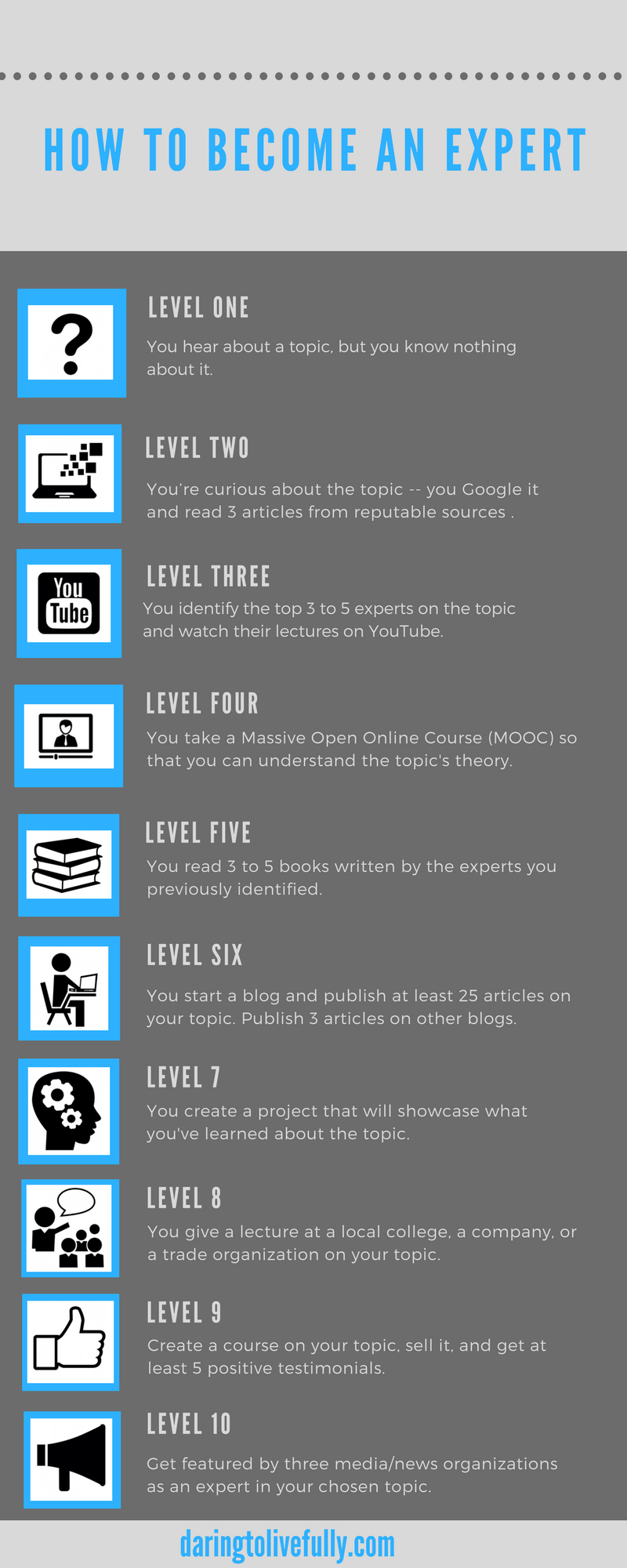
Conclusion
What do you want to become an expert on? Choose your topic and follow the process I explained above. Live your best life by becoming an expert.



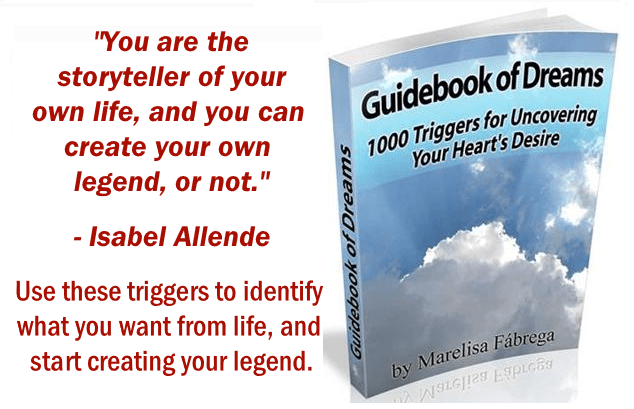
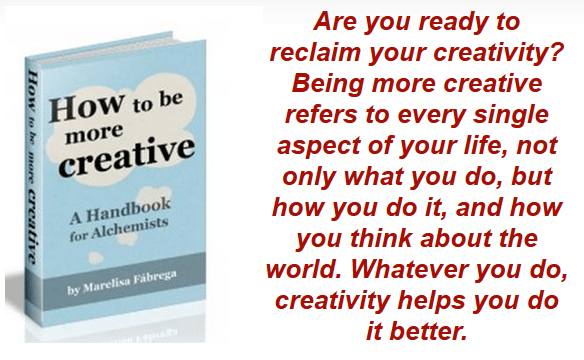
Related Posts:


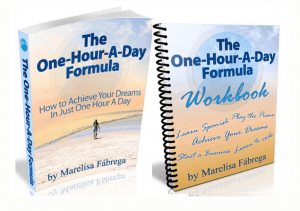

 Marelisa Fabrega is a lawyer and entrepreneur. She holds a Bachelor of Science in Business Administration from Georgetown University in Washington, D.C., as well as a Juris Doctor from the Georgetown University Law Center. You can learn more about her
Marelisa Fabrega is a lawyer and entrepreneur. She holds a Bachelor of Science in Business Administration from Georgetown University in Washington, D.C., as well as a Juris Doctor from the Georgetown University Law Center. You can learn more about her 





